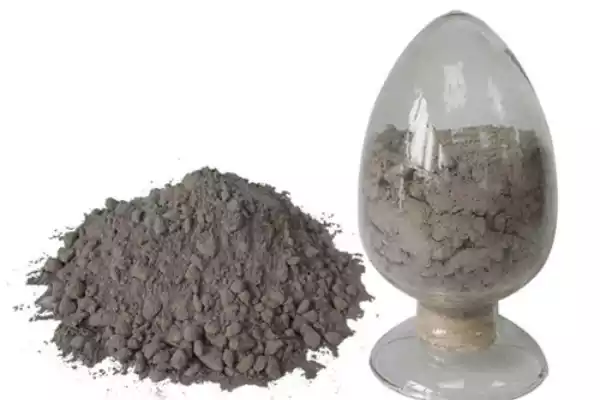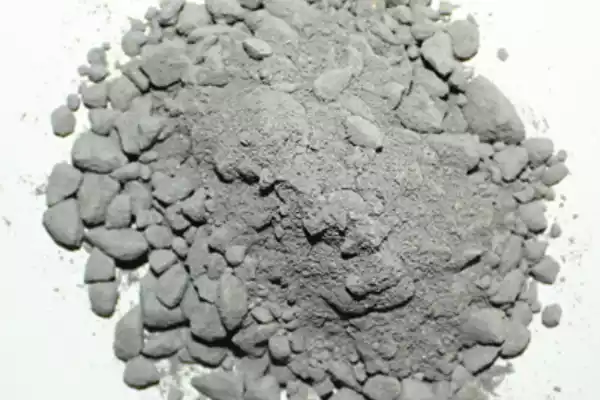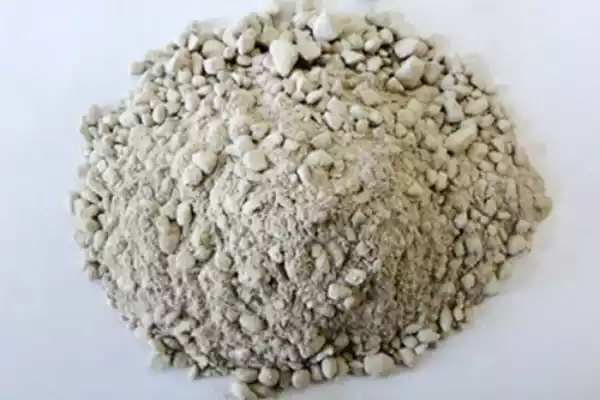Effect of Cement Content on Refractory Castable
In the production process of refractory castable, cement is a common binder and plays an important role. The change in cement content has a significant impact on the performance of refractory castables.
The role of cement in refractory castables

Cement is a binder that can form a bonding phase in refractory castables to enhance the strength and hardness of the material. The chemical composition of cement can react with other components to form a gelling substance that allows refractory castables to form a strong structure. In addition, cement can also improve the refractory performance, thermal stability, and corrosion resistance of refractory castables.
Influence of cement content on properties of refractory castables
- Strength and hardness: An increase in cement content generally increases the compressive strength and hardness of refractory castables. Appropriate cement content can promote the formation of gelling substances and increase the compactness and strength of the material.
- Thermal stability: The addition of cement can enhance the thermal stability of refractory castables. Appropriate cement content can form a stable structure and compound, improving the high-temperature resistance and thermal shock stability of the material.
- Corrosion resistance: An appropriate amount of cement content can improve the corrosion resistance of refractory castables. The chemical composition of cement can react with some corrosive media to form anti-corrosion compounds and reduce the corrosion damage of refractory materials.
What problems will arise when the cement content in the castable is low?
If the amount of cement added to the refractory castable is too small, the early strength of the castable is low and the hardening time is too long, especially in winter, there will be no condensation; It reacts with aluminum and silicon in the raw material to form a low-melting product, which affects the strength of the castable in later use.
Introduction of cement content in different types of refractory castables


Under normal circumstances, the amount of cement added to high-alumina castables will be higher than that of low-cement castables, and the ratio will be 10-12%, while the amount of cement added to low-cement castables is 6%-7%, and ultra-low cement castables The amount of cement added to the material is 2-3%.
How to choose the content of cement in the monolithic castable refractory?
- Application environment: According to the specific application environment of the refractory castable, select the appropriate cement content. Different operating temperatures, corrosive and thermal shock requirements may require adjustments in cement content.
- Construction performance: Changes in cement content will affect the fluidity and constructability of refractory castables. It is necessary to select the appropriate cement content according to the construction process and requirements to ensure the smooth progress of the construction.
- Economic considerations: Cement is one of the important cost factors in refractory castables. When selecting cement content, it is necessary to comprehensively consider the balance between performance requirements and economic costs.

 Заводи рефрактори Ронгшен
Заводи рефрактори Ронгшен
Awesome Blog About Effect of Cement Content in Refractory Castable and This Will Definitely Going to Help No.1 Refractories Company in India.
Thanks ,If you need refractory materials, please contact us.